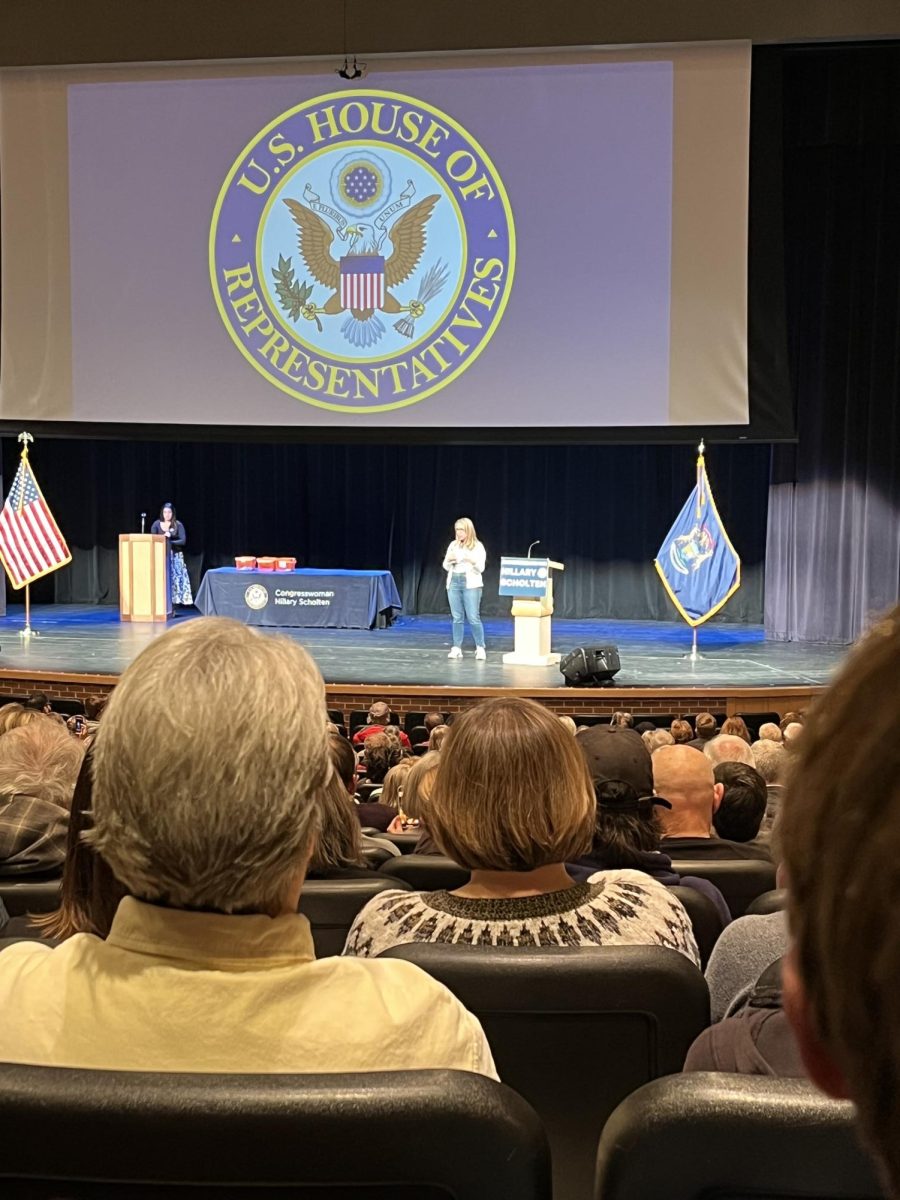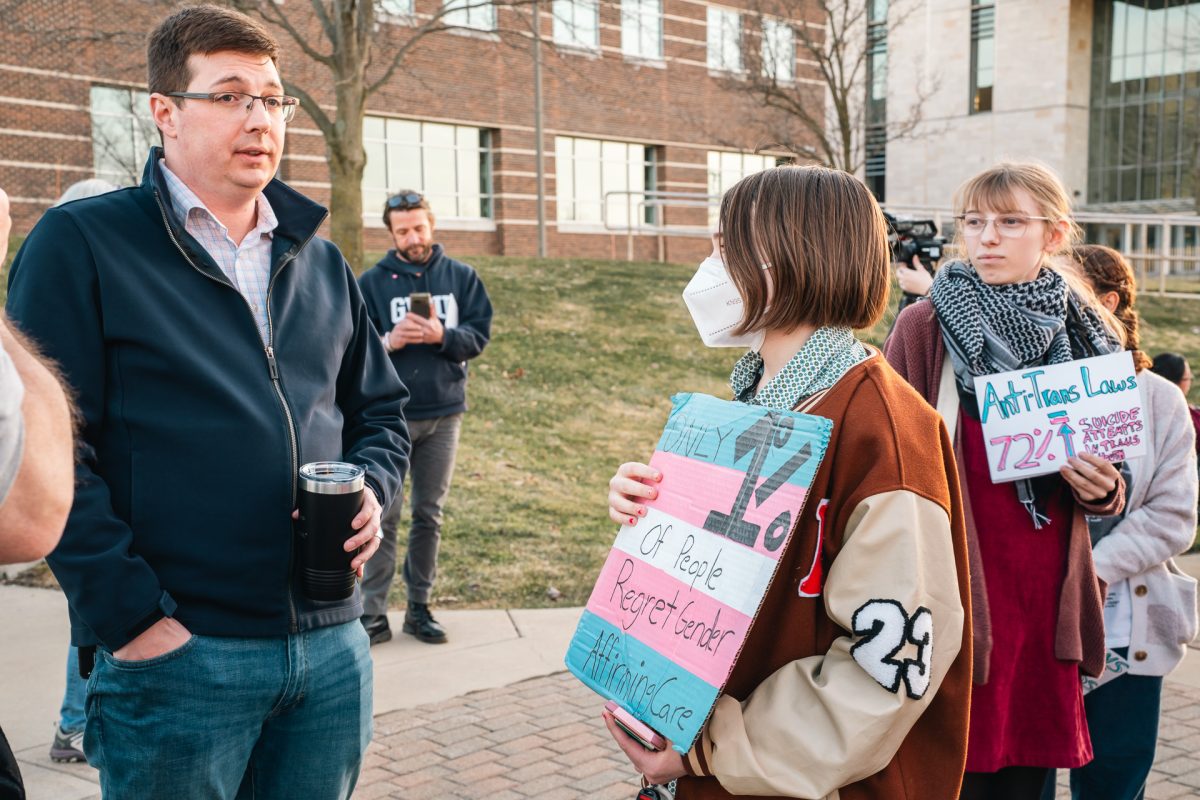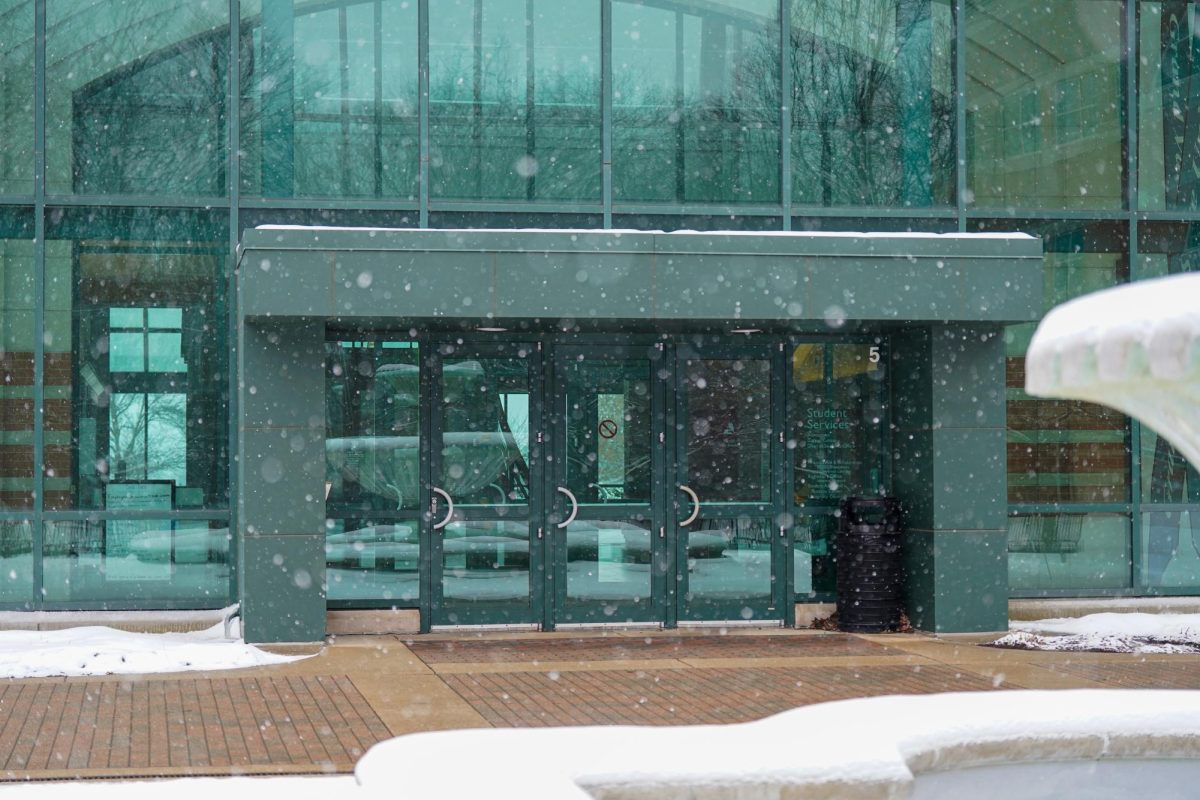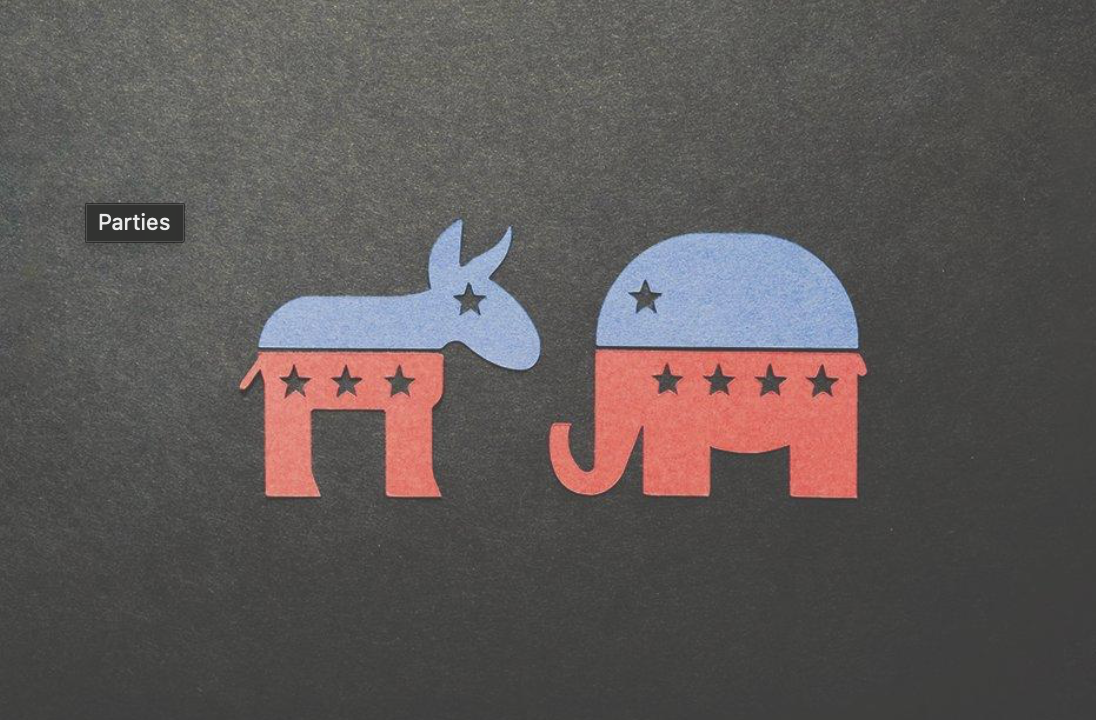On Dec. 30, 2024, Michigan Governor Gretchen Whitmer signed three bills that prohibit landlords with five or more housing units from denying renters based on their source of income. The bills specifically encompasses housing vouchers, social security and veterans benefits, and amends the Elliot-Larsen Civil Rights Act to include this definition. Two additional bills were included in the package, but have yet to be presented to Whitmer.
These bills come amid a housing crisis in which over half of Michigan renters are rent burdened. With little to no on-campus housing availability, many Grand Valley State University students are faced with securing off-campus options. As of the 2023 Fall semester, 67% of GVSU students lived off campus, according to U.S. News and World Report. More specifically, 13% of the University’s freshmen currently live off campus.
For students who may have been relying on income such as work-study or veterans benefits, the new legislation may alleviate some of their stress. Many students are optimistic that the bills will help break down housing barriers.
“I think it will definitely improve access to housing,” said Marshall Murdick, president of GVSU College Democrats. “With the housing crisis (and) GVSU students, I’ve been hearing a lot about how it’s difficult to find a place that’s affordable. Being students means we obviously have to dedicate a lot of time to our coursework, so it’s a bit difficult to have a stable income.”
Murdick also hopes the bills will help graduating students be able to continue living in the Grand Rapids area, if they so choose.
“I think this (the legislation being passed) was a great opportunity for more people to actually build roots around here,” Murdick said. “I would love to stick around. You hear about how many young people feel like it would be impossible to ever be a homeowner. I think that this (the law) will help in regard to that.”
The bills could have a significant impact, especially for veteran students at GVSU. There are 320 GVSU students that are either active guard, reserve or veterans of the U.S. Military. As full-time students, they are eligible for the Post-9/11 GI Bill. Additionally, roughly 60% percent of those students receive VA disability income.
Shane Scherer, the director of the University’s Military and Veteran Resources, is grateful for the new bills, and hopes they will allow more military students to access housing.
“I think the law is great, because if you’re receiving one or both (benefits or income), you have the means to afford housing,” Scherer said. “It seems like a no-brainer that a bill like this would be passed to allow for students receiving such financial compensation to not be ruled out (of) being a tenant.”
Scherer said that since he assumed his role in September 2023, he has had students come to him with housing-related issues, and hopes the new bills work to address the housing dilemma.
“If (even just) one student needs help with housing, it’s a problem,” Scherer said. “We (society) don’t need to keep putting up barriers to stop people (from obtaining housing) because you don’t like where the money’s coming from.”

















